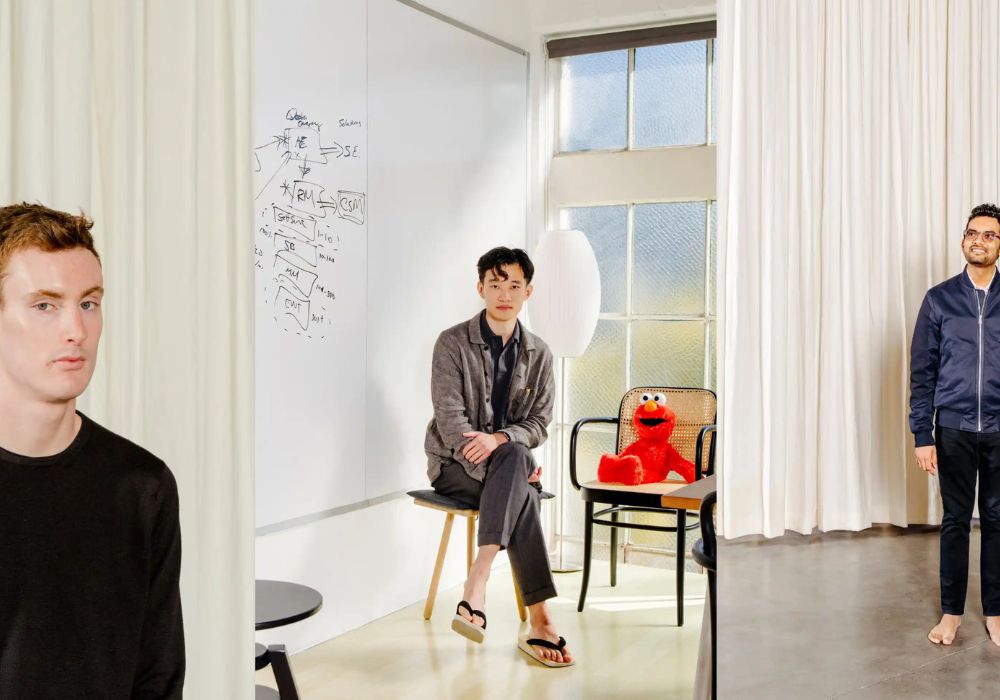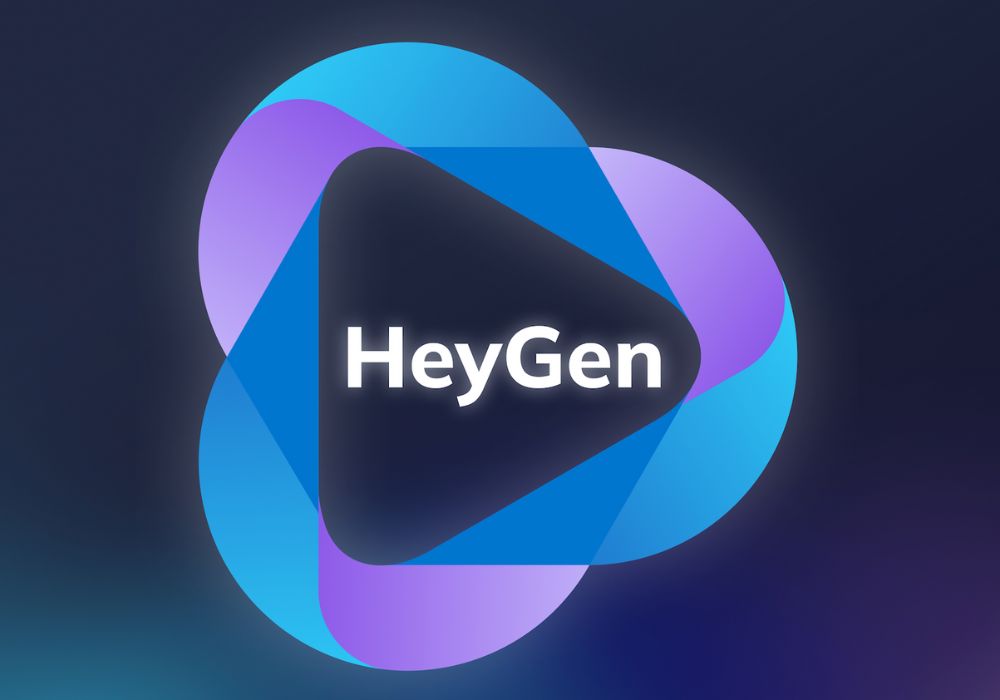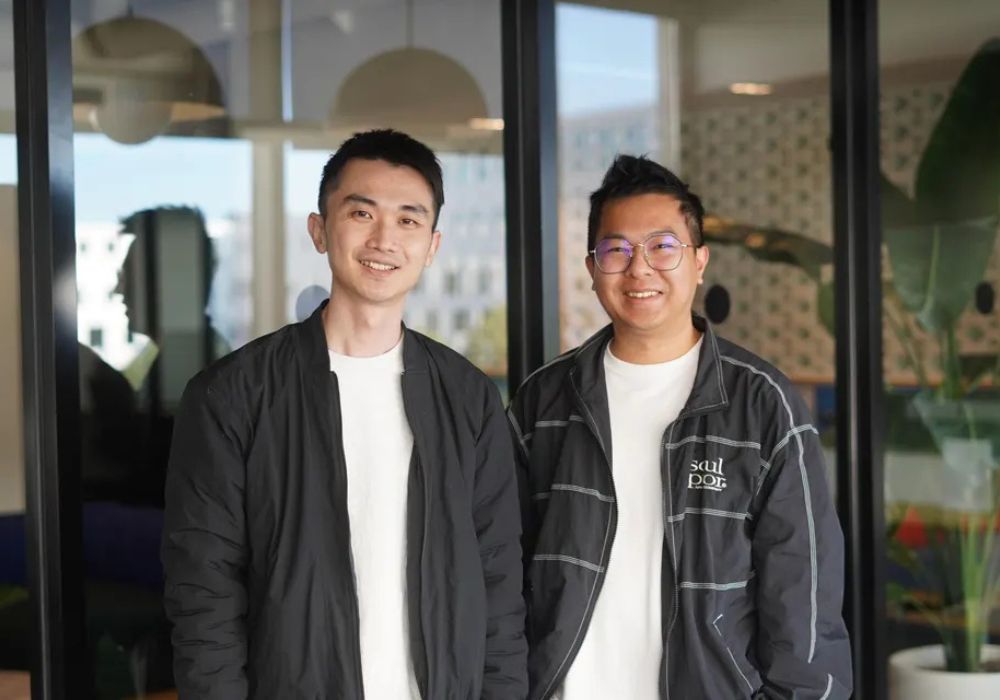Kyoto, Japan—2015. The scent of cheap instant noodles hung in the air of their tiny apartment as Ivan Zhao and Simon Last stared at their failing startup. They had fled San Francisco’s crushing expenses for Japan’s ancient capital, not for spiritual enlightenment but pure financial survival. Their bank account was bleeding out, their product was crashing constantly, and they had just let go of their entire team. This was the brink of startup death—the moment where 90% of ventures collapse. What happened next would become Silicon Valley legend: instead of giving up, they spent 18 hours a day for months rebuilding their product from scratch, fueled by ramen and conviction that people needed a Notion productivity tool to organize their thoughts and work .
This is not another Silicon Valley fairy tale. This is the story of how relentless focus on user needs, community-led growth, and strategic patience transformed a failing startup into a $10 billion productivity powerhouse used by over 30 million people worldwide. It’s a masterclass in building a beloved brand in a crowded market—and the painful sacrifices required to pull it off .
continue reading











